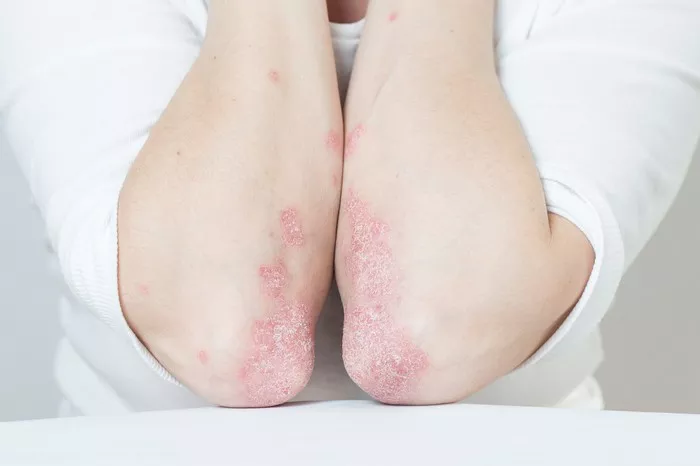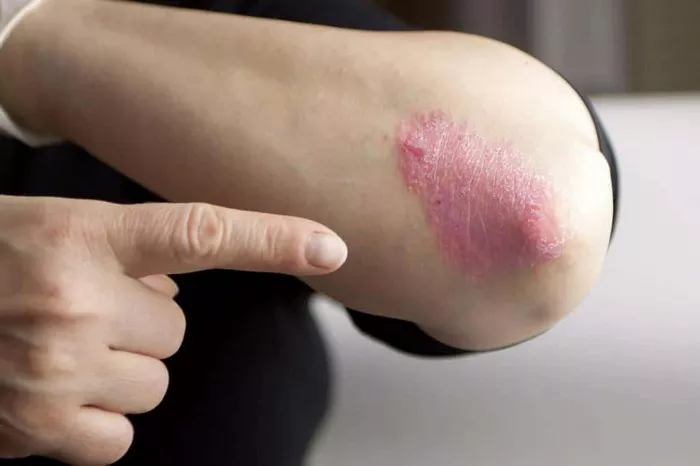Eczema, a chronic inflammatory skin condition, can be particularly distressing when it affects the face. The discomfort, itchiness, and unsightly appearance can significantly impact one’s confidence and quality of life. While there may not be a one-size-fits-all solution for eczema, there are several strategies and treatments available to help manage and alleviate its symptoms promptly. In this comprehensive guide, we’ll explore various methods to effectively cure eczema on the face quickly, providing relief and restoring skin health.
Understanding Eczema on the Face
Before delving into treatments, it’s essential to understand the nature of eczema on the face. Eczema, also known as atopic dermatitis, manifests as red, itchy, and inflamed patches on the skin. When it affects the face, it can appear on the cheeks, forehead, around the eyes, and even the ears. Factors such as genetics, environmental triggers, stress, and immune system dysfunction contribute to its development.
1. Gentle Cleansing
Proper skincare is crucial in managing eczema on the face. Opt for gentle, fragrance-free cleansers designed for sensitive skin. Harsh chemicals and fragrances can aggravate eczema symptoms, so it’s best to choose products that are mild and non-irritating. Cleansing the face twice a day helps remove dirt, oil, and bacteria without stripping the skin of its natural oils, which are essential for maintaining moisture.
2. Moisturize Regularly
Moisturizing is key to managing eczema flare-ups. Apply a rich, hypoallergenic moisturizer immediately after cleansing to lock in moisture and soothe dry, irritated skin. Look for products containing ingredients like ceramides, hyaluronic acid, and shea butter, which help restore the skin’s barrier function and prevent water loss. For added relief, consider using emollients specifically formulated for sensitive facial skin.
3. Identify and Avoid Triggers
Identifying triggers that exacerbate eczema on the face is crucial for effective management. Common triggers include certain skincare products, harsh weather conditions, allergens, stress, and dietary factors. Keep a journal to track flare-ups and potential triggers, then take steps to avoid or minimize exposure to them. This may involve switching to hypoallergenic skincare products, wearing protective clothing in extreme weather, and practicing stress-reduction techniques such as meditation or yoga.
4. Use Topical Steroids or Immunomodulators
In cases of moderate to severe eczema flare-ups on the face, topical medications may be necessary for quick relief. Topical corticosteroids are commonly prescribed to reduce inflammation and itchiness, but they should be used sparingly and under the guidance of a healthcare professional to avoid potential side effects such as skin thinning and discoloration. Alternatively, topical calcineurin inhibitors, such as tacrolimus and pimecrolimus, can be used to suppress the immune response and alleviate eczema symptoms without the side effects associated with long-term steroid use.
5. Apply Cold Compresses
Cold compresses can provide immediate relief from itching and inflammation associated with eczema on the face. Simply soak a clean washcloth in cold water, wring out excess moisture, and apply it to the affected areas for 10-15 minutes. The cold temperature helps constrict blood vessels, reduce swelling, and alleviate itching. For added benefit, consider adding colloidal oatmeal or chamomile tea to the cold water, as these ingredients have soothing properties that can further calm irritated skin.
6. Avoid Scratching
While it may be tempting to scratch eczema-affected areas on the face, doing so can exacerbate symptoms and lead to further irritation, infection, and scarring. Instead, try gentle patting or tapping to relieve itching, or distract yourself with activities to take your mind off the discomfort. Keep your fingernails short to minimize damage to the skin, and consider wearing cotton gloves at night to prevent unconscious scratching during sleep.
7. Maintain a Healthy Diet
Dietary factors can play a role in eczema flare-ups, so maintaining a healthy and balanced diet is essential for managing symptoms. Incorporate foods rich in omega-3 fatty acids, such as salmon, flaxseeds, and walnuts, as these nutrients have anti-inflammatory properties that can help reduce eczema severity. Avoiding common food allergens such as dairy, eggs, nuts, and gluten may also be beneficial for some individuals with eczema, although more research is needed to establish a definitive link between diet and eczema.
8. Seek Professional Guidance
If eczema on the face persists despite home remedies and over-the-counter treatments, it’s important to seek professional medical advice. A dermatologist can provide a thorough evaluation, diagnose any underlying conditions contributing to eczema, and recommend appropriate treatment options. This may include prescription-strength medications, phototherapy, or other advanced therapies tailored to your specific needs.
Conclusion
Managing eczema on the face can be challenging, but with the right strategies and treatments, relief is possible. By adopting a gentle skincare routine, identifying and avoiding triggers, using topical medications judiciously, and seeking professional guidance when needed, individuals can effectively manage eczema flare-ups and restore skin health. Remember, consistency and patience are key, and with time, dedication, and the support of healthcare professionals, eczema on the face can be successfully controlled, allowing individuals to confidently face the world with clear, healthy skin.

























